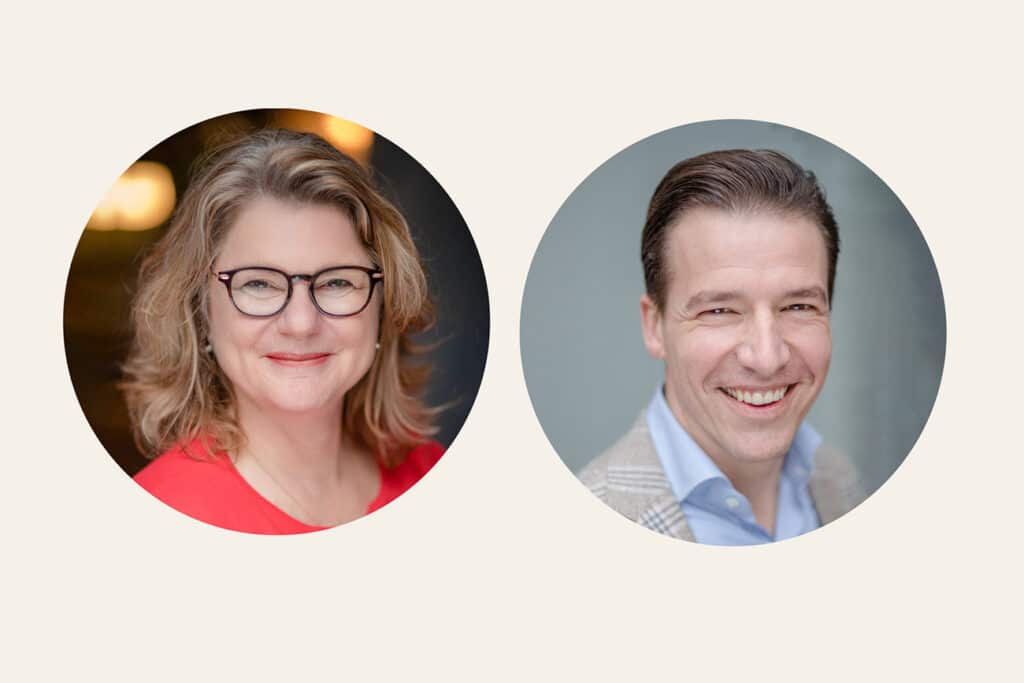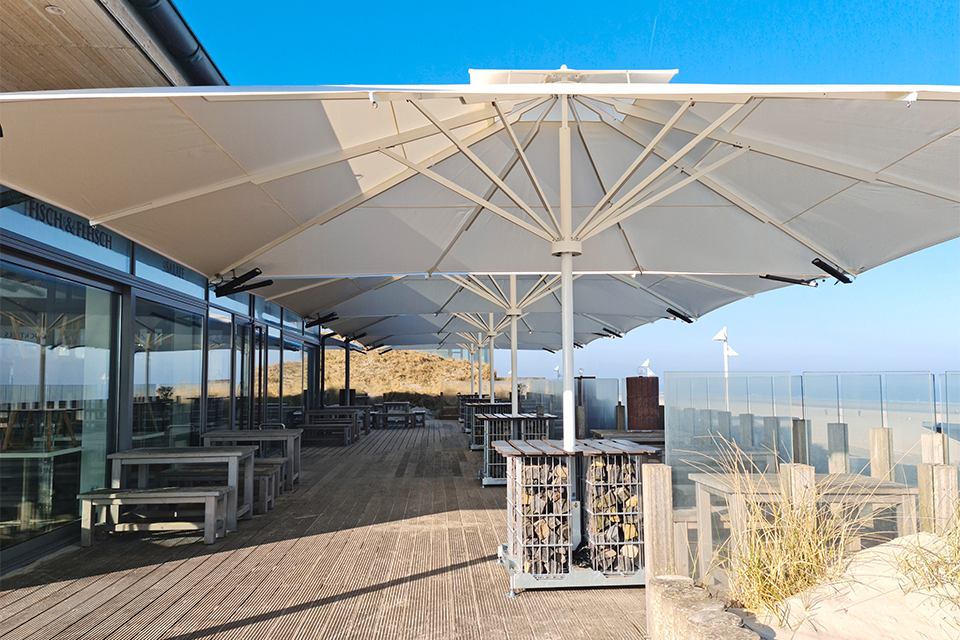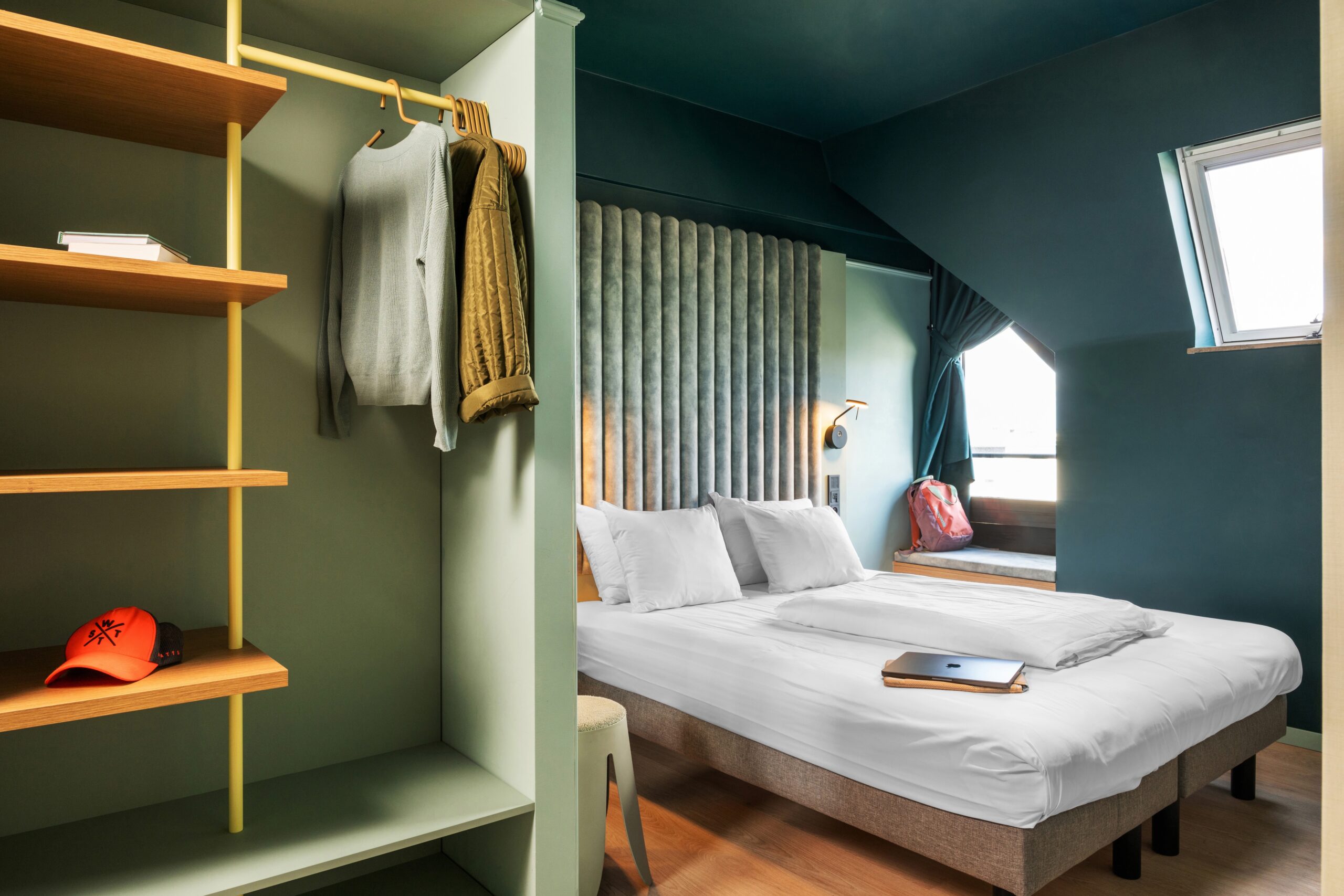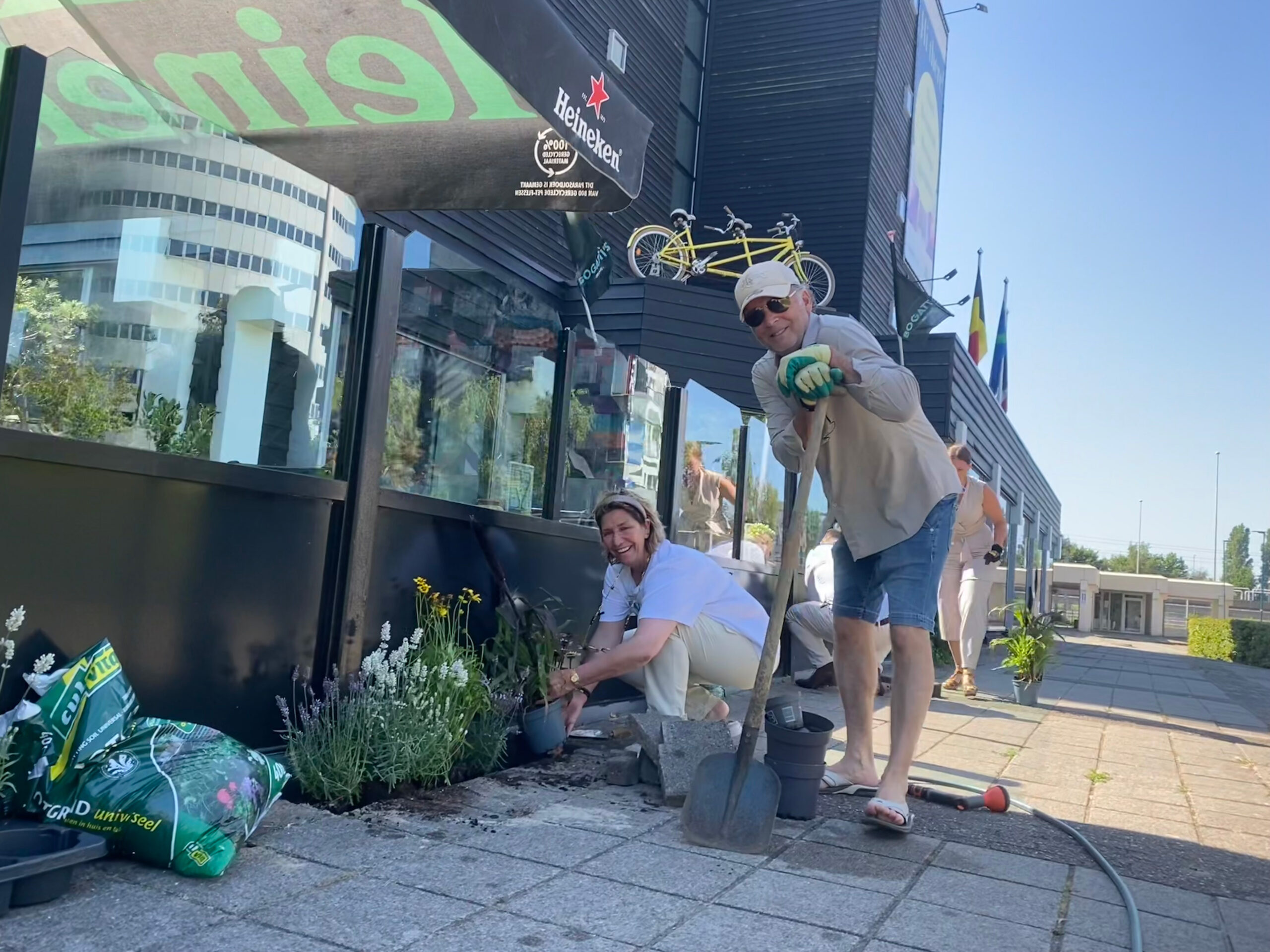
'There is much more need for honest food'
Pay attention to the things that matter
The recent difficult time for his Michelin-starred restaurant in Helmond has transformed chef Jermain de Rozario. He has created a thriving culture where honest and pure food is paramount and where he finds peace of mind. "We work from the core and are conscious about what we serve our guests," he says. In his view, a personal, attentive approach is important in hospitality, including in the hotel industry.
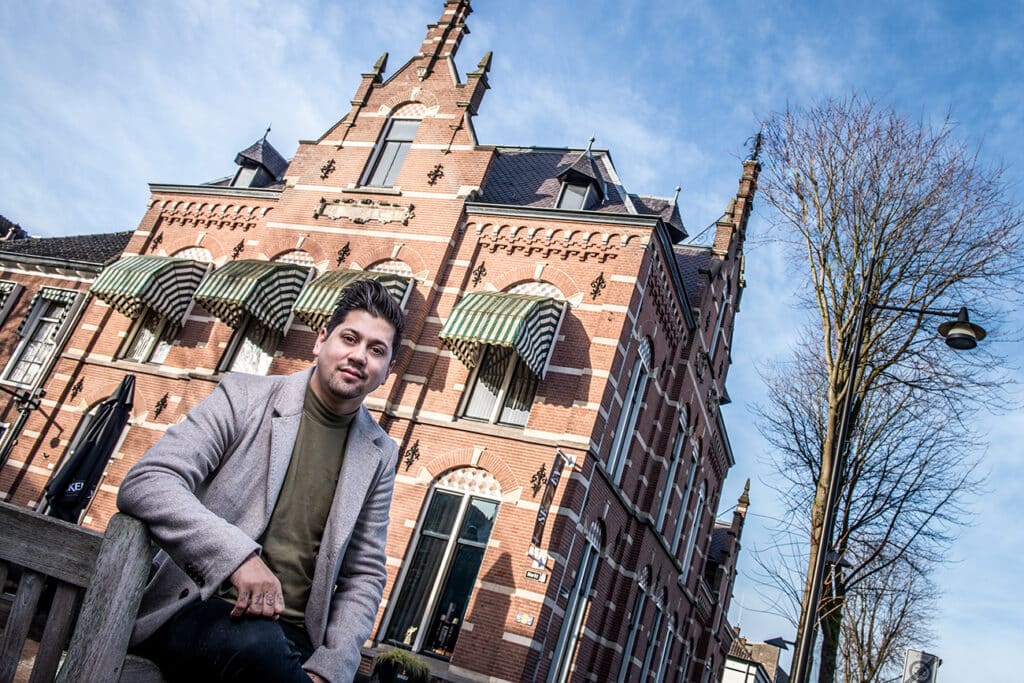
De Rozario came to realise during the corona years that the corporate culture needed to be addressed. By taking good care of the staff, he could also take good care of his guests. "You can see the need for humanity and sincerity everywhere in society. The honest story, that's what we want to hear. As a team, for instance, we start with yoga in the morning to unwind before going full out into the day. That sounds woolly, and sometimes I find that too, but it makes us cook and work more purely. You leave out what you don't need."
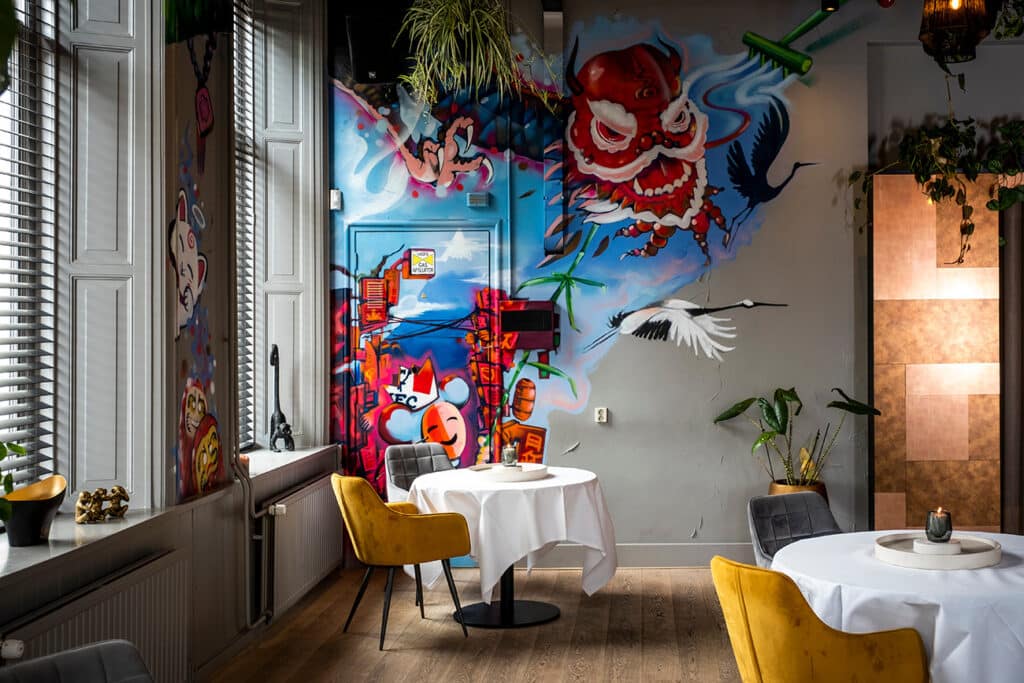
According to De Rozario, it is important to be more conscious of what you are doing. "I read books, I exercise a lot, I eat well. That makes me aware of the impact my dishes have on my guests. I think more creatively to offer good and pure food to my guests." In this way, he hopes to contribute to his field. "But I also understand very well if people say: this is not for me, I'm too down-to-earth for that. I'm actually like that myself."
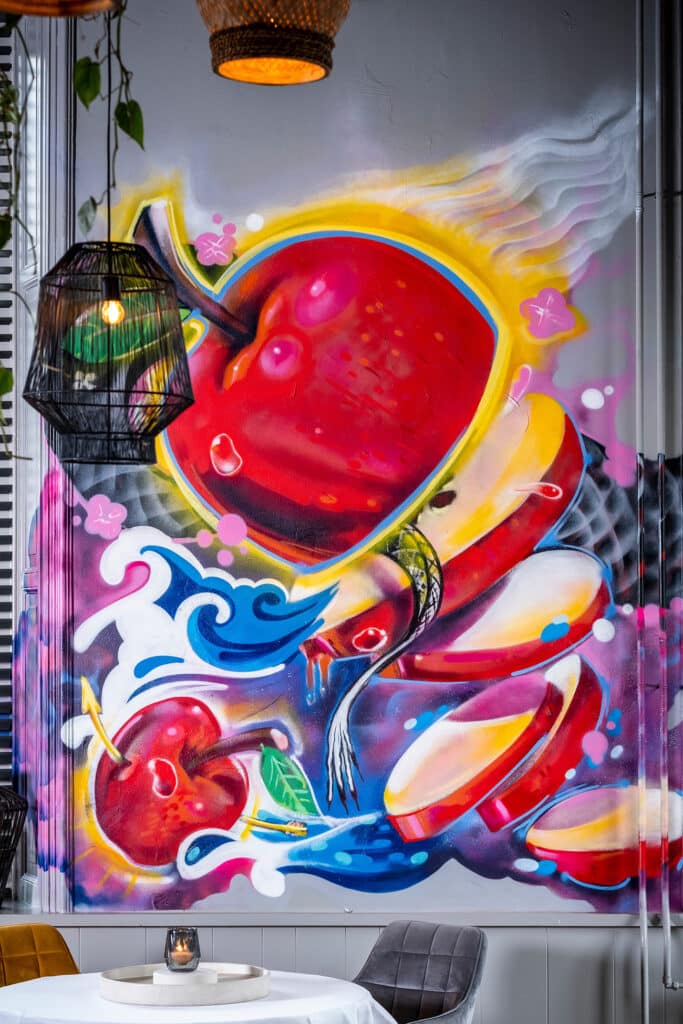
Details
Of course, not every restaurant has to do yoga. De Rozario says it is mainly about working attentively and adding a personal touch to dishes and service. "That also in hotel industry increases the chances of people coming back. Local ingredients, herbs and vegetables from its own kitchen garden, that's how a hotel makes a difference. It shows that attention has been paid. Super important, because everything is already so corporate these days."

That personal attention sometimes also requires investment. De Rozario is aware of this: "Of course, you also have to think about business interests. But investing in pure food and showing that you think about people is really worth it." By the way, that does not mean that only vegetarian or vegan dishes have to be on the menu. "Our menu starts with vegetarian dishes that contain everything your body needs. With that, we show our vision. We also have a 'regular' meat and fish menu. If you source it from the local area and use it well, that's fine too. One doesn't have to exclude the other."
Connection
De Rozario reads many books from which he draws inspiration. His golden tip for chefs and hotel entrepreneurs? "Apply elements that activate the brain. Like the number 8. That number seems to influence the brain in a specific way, making people pay more attention to it. For example, an 8-course menu for 88 euros is then more tempting than a 5-course menu for 40 euros. I don't do that to scam people, but to investigate whether it works. I love playing with psychological phenomena like this. Hugely interesting!"
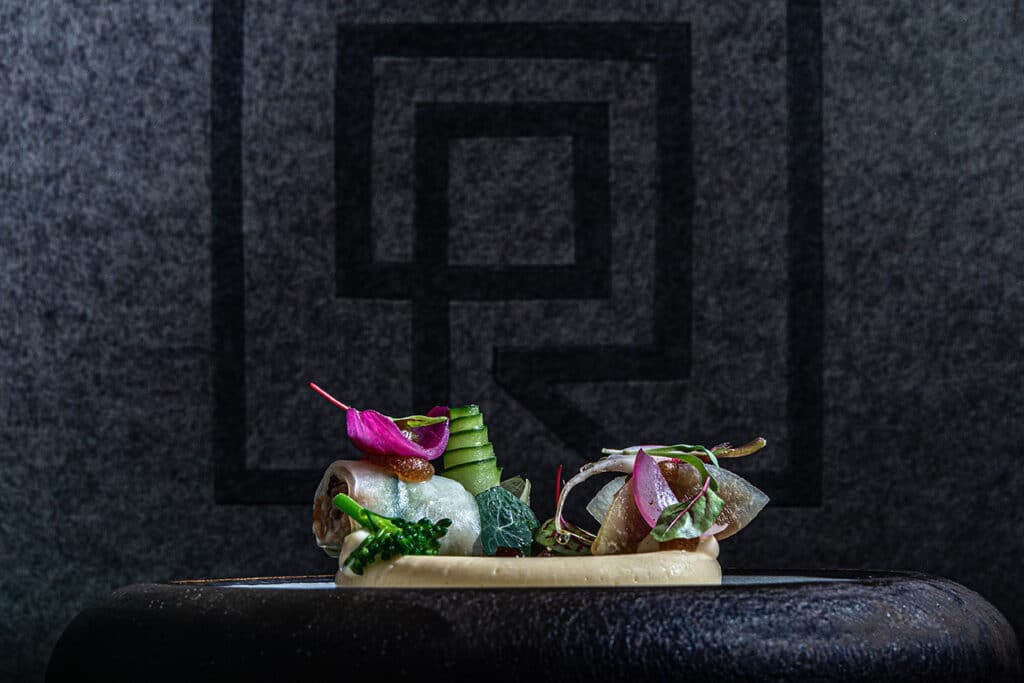
Another important aspect is connecting with guests, De Rozario knows. "Show that you care about people, ask about their experiences and listen attentively. Hospitality is not only about serving and picking up, but also about making time for your guests," De Rozario continues. "Then you find out that people can be different from what you expected and you make the guests' experience a little richer.
Wherever you work, dare to be yourself and pay attention to the things that matter."
